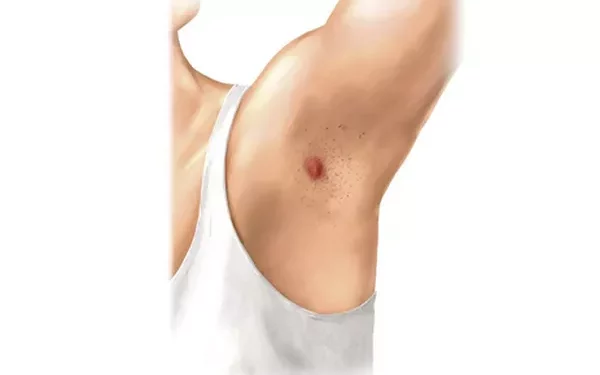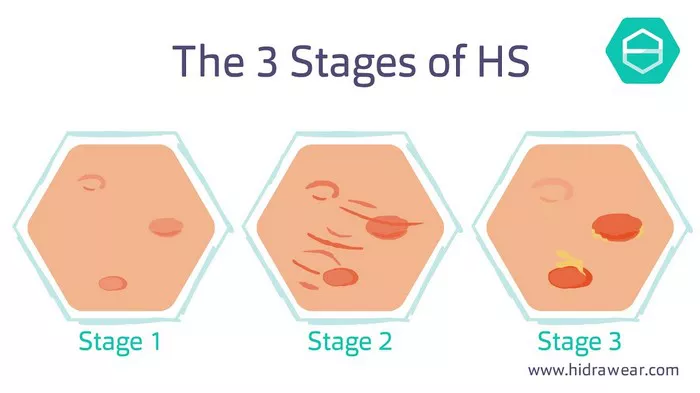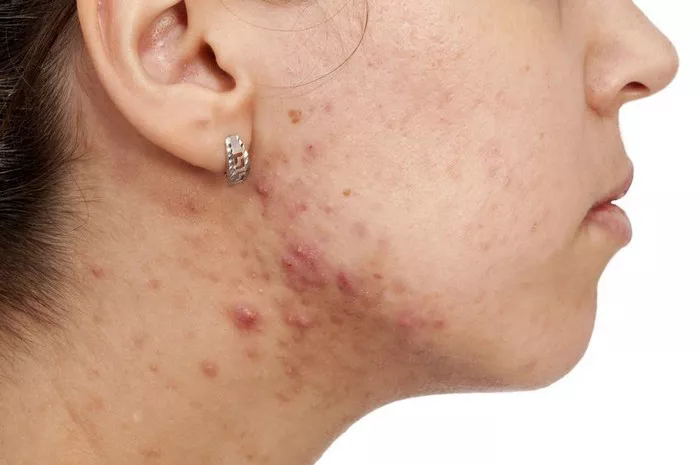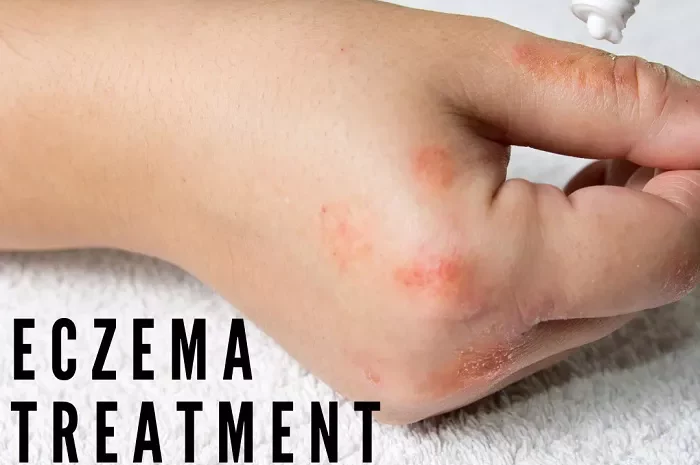Hidradenitis suppurativa (HS), also known as acne inversa, is a chronic skin condition characterized by painful, inflamed lesions that typically develop in areas where skin rubs together, such as the armpits, groin, buttocks, and under the breasts. These lesions can range from small, pimple-like bumps to large, painful abscesses that may rupture and leak fluid. While there is no cure for HS, various treatment options aim to manage symptoms and improve quality of life. In recent years, interest has grown in natural treatments for HS, which focus on reducing inflammation, preventing flare-ups, and promoting skin health. This article explores the best natural treatment options for managing hidradenitis suppurativa.
Understanding Hidradenitis Suppurativa
Hidradenitis suppurativa is a chronic inflammatory skin condition that affects hair follicles and sweat glands in areas of the body with skin folds and friction. The exact cause of HS is not fully understood, but it is believed to involve a combination of genetic, hormonal, and environmental factors. Common symptoms of HS include:
- Painful, red bumps or nodules
- Abscesses or boils that may rupture and drain pus
- Tunnels under the skin (sinus tracts)
- Scarring and skin changes over time
HS can significantly impact quality of life due to pain, discomfort, and social stigma associated with the visible lesions. Treatment typically involves a combination of medical therapies, lifestyle modifications, and in some cases, surgical intervention.
Natural Treatment Options for Hidradenitis Suppurativa
Natural treatments for HS focus on addressing inflammation, reducing bacterial colonization, promoting wound healing, and improving overall skin health. While these approaches may not replace conventional medical treatments, they can complement existing therapies and provide additional symptom relief. Here are some of the best natural treatment options for managing hidradenitis suppurativa:
1. Dietary Modifications
Anti-inflammatory Diet: Consuming a diet rich in fruits, vegetables, whole grains, and healthy fats (such as omega-3 fatty acids found in fish, flaxseed, and walnuts) may help reduce inflammation associated with HS. Avoiding processed foods, sugary snacks, and foods high in saturated fats and trans fats is also recommended.
Elimination Diet: Some individuals with HS find relief by identifying and eliminating trigger foods that may worsen inflammation or trigger flare-ups. Common triggers include dairy, gluten, nightshade vegetables (such as tomatoes, peppers, and eggplant), and processed foods.
2. Supplements
Zinc: Zinc plays a role in immune function and wound healing. Some studies suggest that zinc supplementation may help reduce inflammation and promote skin healing in individuals with HS. Consult with a healthcare provider before starting any new supplements.
Vitamin D: Adequate vitamin D levels are important for immune function and may help modulate inflammation. Sun exposure and vitamin D supplementation (under medical supervision) may be beneficial for individuals with HS.
3. Topical Treatments
Tea Tree Oil: Known for its antibacterial and anti-inflammatory properties, tea tree oil may help reduce bacterial colonization on the skin and alleviate symptoms of HS. Dilute tea tree oil with a carrier oil (such as coconut oil or olive oil) before applying to affected areas.
Aloe Vera: Aloe vera gel has soothing and anti-inflammatory properties. Applying aloe vera gel directly to HS lesions may help reduce pain, inflammation, and promote healing.
4. Herbal Remedies
Turmeric: Curcumin, the active compound in turmeric, has potent anti-inflammatory and antioxidant properties. Adding turmeric to your diet or taking turmeric supplements (under medical guidance) may help reduce inflammation associated with HS.
Calendula: Calendula officinalis has been traditionally used for wound healing and skin inflammation. Topical creams or ointments containing calendula extract may help soothe HS lesions and promote skin healing.
5. Lifestyle Modifications
Stress Management: Stress can exacerbate inflammatory skin conditions like HS. Practice stress-reduction techniques such as mindfulness meditation, yoga, deep breathing exercises, or hobbies that promote relaxation.
Smoking Cessation: Smoking has been linked to worsening of HS symptoms. Quitting smoking can improve overall skin health and reduce inflammation.
SEE ALSO: Is Hidradenitis Suppurativa Classified as a Disability?
6. Skin Care
Gentle Cleansing: Use mild, fragrance-free cleansers to gently cleanse affected areas of the skin. Harsh soaps and scrubbing can irritate HS lesions and worsen symptoms.
Warm Compresses: Applying warm compresses to HS lesions can help reduce pain and promote drainage of abscesses. Be cautious not to apply excessive pressure or friction to avoid exacerbating inflammation.
Integrating Natural Treatments with Medical Care
It is important to note that while natural treatments for HS can provide symptom relief and improve skin health, they are not a substitute for medical treatment prescribed by a healthcare provider. Many individuals with HS require a combination of approaches, including prescription medications (such as antibiotics, corticosteroids, or biologics), surgical interventions (such as drainage of abscesses or excision of lesions), and lifestyle modifications.
Before starting any new natural treatment regimen for HS, consult with a healthcare provider, particularly if you are currently undergoing medical treatment or have other underlying health conditions. They can help you create a comprehensive treatment plan that incorporates both conventional and natural therapies, tailored to your individual needs and preferences.
Conclusion
In conclusion, managing hidradenitis suppurativa often requires a multifaceted approach that includes medical treatments, lifestyle modifications, and natural therapies. Natural treatments such as dietary modifications, supplements, topical treatments, herbal remedies, lifestyle adjustments, and proper skin care can play a valuable role in reducing inflammation, promoting wound healing, and improving overall skin health in individuals with HS. By integrating these natural treatments with medical care under the guidance of a healthcare provider, individuals with HS can optimize symptom management and enhance their quality of life. Ongoing research into natural treatments for HS continues to expand our understanding and options for managing this challenging skin condition.
Related Topics:

























